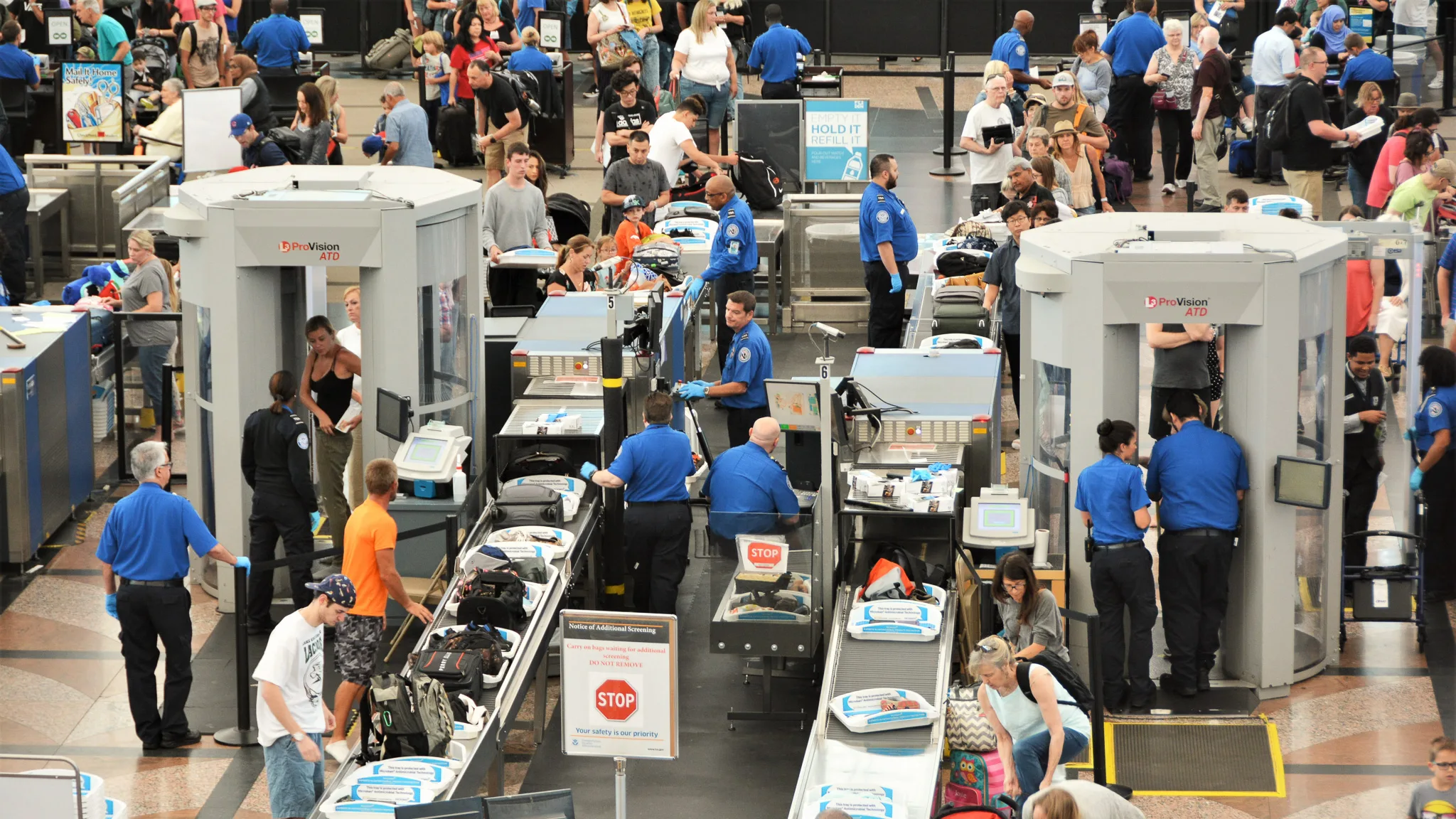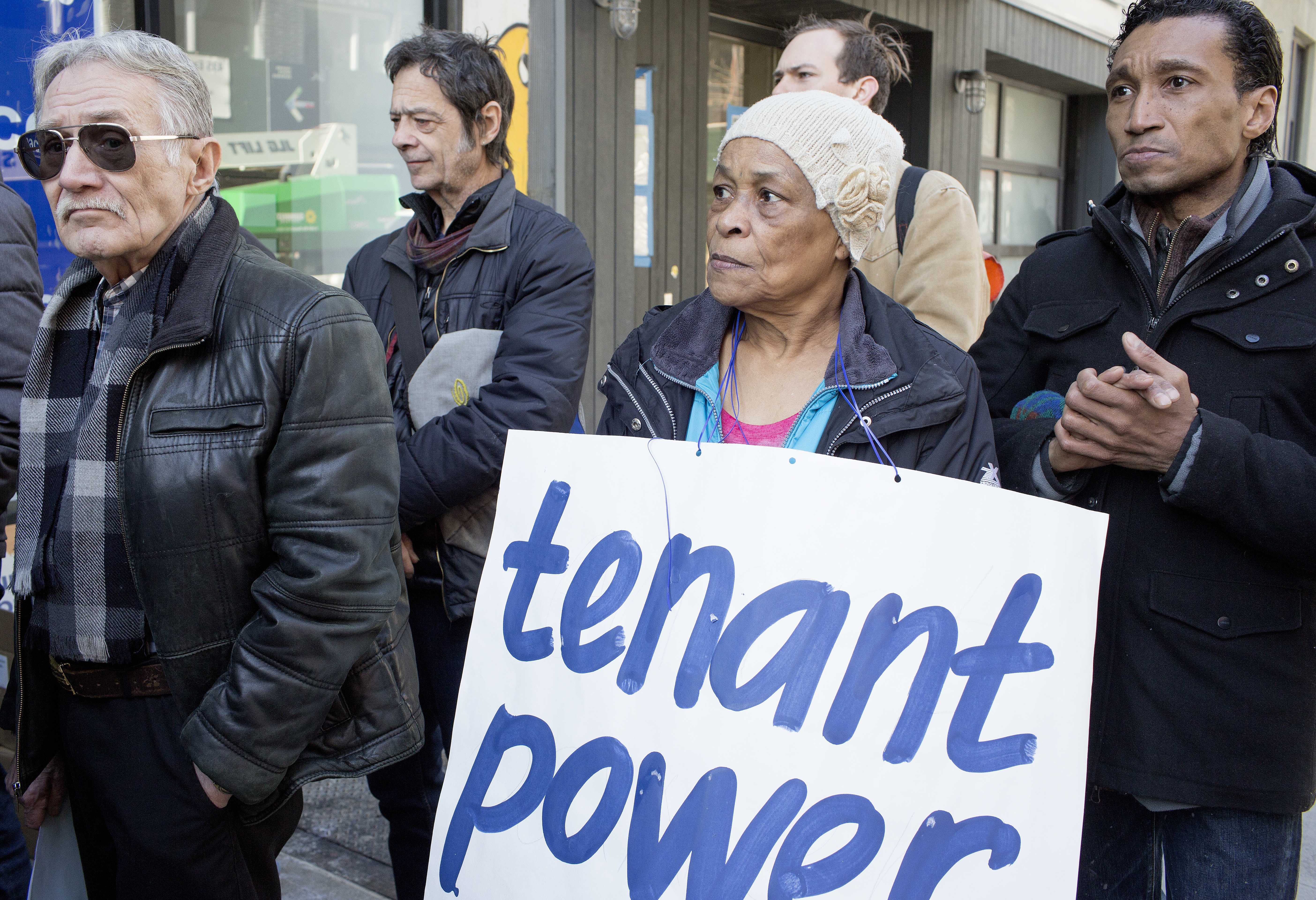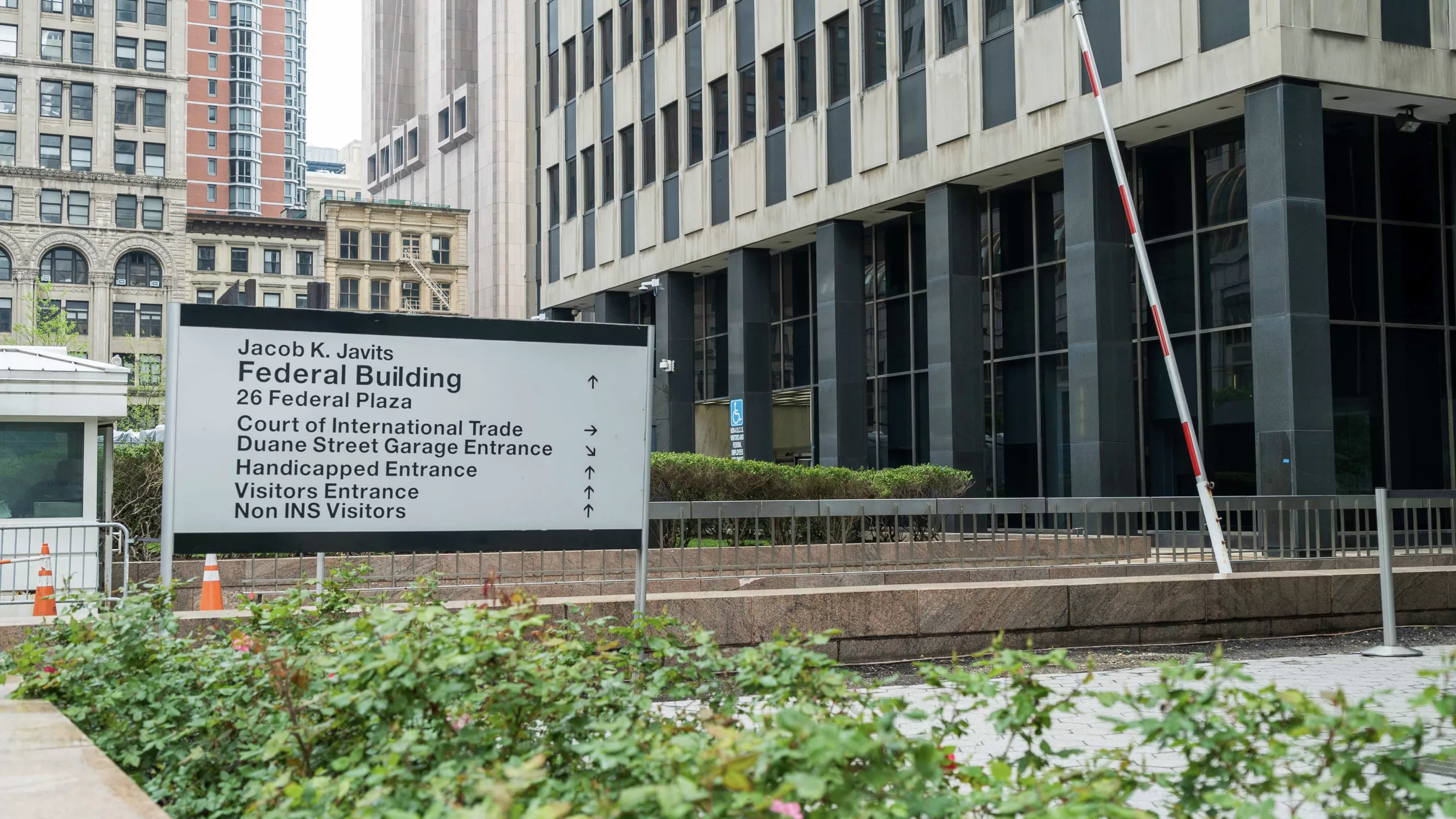NEWARK – In a dim courtroom in the Essex County Veterans Courthouse, a team of prosecutors runs down the day’s criminal defendants.
Their crimes range from drug possession to joy riding. Some appear before Judge Sybil Elias. Others are nowhere to be found. Mid-morning, two flatscreen TVs are switched on and the prosecutors and the judge turn their attention to a public defender on the screen, who’s sitting in a jail 20 minutes away.
The prosecutors read off charges for each defendant, but also their Public Safety Assessment score. One shackled defendant on the screen receives a two out of six for the likelihood that he would skip out on his next court appearance, but a four out of six he would commit another crime if released.
This assessment is a small change in process, but part of a massive overhaul of the system; a comprehensive bail reform package that has allowed thousands of people to avoid pretrial imprisonment, according to state statistics. Gone are the days when people were held in jail for weeks on minor charges because they couldn’t afford bail, according to officials who work with the state judiciary.
But immigration lawyers say the reform has had unintended consequences for their clients. A rule meant to shorten jail time for detainees has allowed Immigrations and Customs Enforcement to issue immigration detainers faster to ensure that they go directly into ICE custody post release. New regulations route immigrants to county jails, which are more amenable to working with ICE.
As a result, immigration lawyers are learning that there are times when they can either get their clients out of jail and risking having them end up in ICE custody or stay inside while they fight their criminal cases.
“With the new regulations, anyone with a domestic violence charge may be processed in the county jail… It’s funneling a lot of people into the immigration system,” said Michael Noriega, an immigration lawyer based in Scotch Plains, N.J.
The Criminal Justice Reform Law was enacted on Jan. 1, 2017 and changed the state’s method of processing criminal defendants. Judges use a program developed by the Laura and John Arnold Foundation called the Public Safety Assessment. It analyzes defendants previous criminal activity and measures whether or not they are likely to commit crimes again. The suite of tools also allows judges and court personnel to check in with defendants via text message and generally track their cases more closely. These reforms were born out of recommendations from Chief Justice Stuart Rabner.
“Individuals charged with low level crimes sat in jails for long amounts of time because they couldn’t afford to get out,” said Anthony Higgins, a supervisor assistant prosecutor at Essex County. “The decision on whether or not they should remain in custody shouldn’t be based on money.”

The reform has routed people arrested on complaint warrants to county jails, followed by an appearance before a judge for the evaluation. It also orders the jails to hold defendants for no more than 48 hours, which has ramped up the speed at which ICE issues detainers, according to Susan Roy an immigration lawyer and former judge in the Newark Immigration Court.
The issue is most grave for undocumented defendants who have had a complaint warrant issued against them, which authorizes state police to arrest and transport them to jail.
According to a state report, 142,663 defendants were issued a warrant or a summons during 2017. Of those, 44,319 defendants were issued a complaint warrant, automatically introducing them to the jail system and making them more vulnerable to ICE detention. Prior to this, warrants may have been addressed without the defendant being jailed. The statistics also show a reduction of 35 percent in pretrial jail population from Jan. 1, 2015 to Jan. 1, 2018.
Just three correctional facilities in New Jersey participate in the Department of Homeland Security’s 287(g) program, which allows local law enforcement to enforce immigration law.
Monmouth County Corrections has participated in the program since at least 2013 and was on a downward trajectory for number of immigrants detained from 2013, until 2016, according to ICE data. Recently, it experienced an uptick of 32 percent from 2016 until 2018. Salem County Corrections and Cape May Corrections joined in the past two years, with those jails detaining 17 immigrants and three immigrants, respectively, in 2018 as of mid-May, 2018. The lawyers say that more county jails work with ICE informally.
State court officials say they haven’t noticed an uptick in immigrants being detained by ICE because of the new reform.
“We haven’t seen evidence of that,” said Peter McAleer, a spokesman for the state judiciary. Some criminal defendants used to be bailed out at the police department, but more people are released on summons rather than warrants, according to McAleer. “The amount of people bailed out in jail and potentially detained, is outweighed by the number of people not kept in jail [because of] warrants,” he wrote.
Previously, some defendants may have been bailed out before they reached jail. “They might hit the entry point to the jail, but were never processed,” said Anne Picker, the in-house criminal immigration specialist at the statewide New Jersey Public Defenders, adding “It was not a fair system. Everything was by the money, not the risk factor.”
Since ICE is detaining undocumented immigrants more often due to a more aggressive enforcement strategy, immigrants charged with crimes have been forced to make hard choices about how an otherwise favorable bail arrangement would impact their lives, according to lawyers.
The fear is that ICE will detain the immigrants putting them on the path to deportation with a criminal charge still being played out in the courts, according to Picker. Attorneys can have a hard time getting their clients sent to criminal court dates if they’re detained, she explained.
“The question often becomes, should I try and get this person out or is it going to create a bigger problem once they end up in ICE custody?” Picker said.
Since President Donald Trump took office, ICE arrests of non-criminal immigrants in New Jersey have more than doubled. ICE has conducted multiple high-profile raids around the state, arresting scores of immigrants. The lawyers admit it’s difficult to quantify how many immigrants were arrested because of the new policy amid the heightened atmosphere of immigration enforcement.
But for the immigrants who end up in detention with an unresolved criminal matter, the effect is clear.
“They end up just being deported,” Roy said. “They don’t choose to fight their case.”















